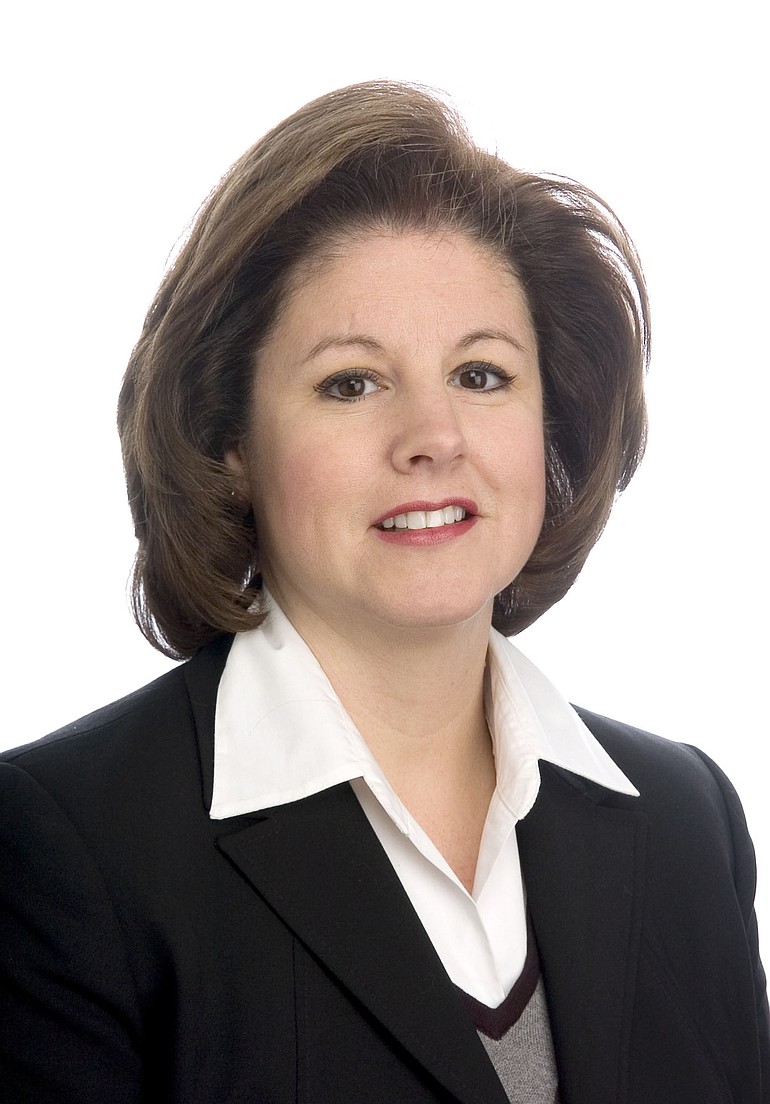o Modest increases are expected in visitor spending in Clark County, reaching $450 million.
o Clark County has a great deal to offer visitors and those visitors in turn help Clark County’s economy. The tourism economic weather forecast for 2010: Look for mild temperatures with a few sun breaks.
Heading into 2010, consumer confidence is lagging, affecting spending in significant ways. But the good news, coming from a report by the U.S. Travel Association, is that there has been dramatic improvement in consumers’ perceptions of the affordability of travel. This perception is due to the significant reductions in the cost of many travel services during a time of weak demand. There are also positive signs that leisure travelers may be willing to start spending a bit more on their trips. According to a TravelHorizons survey conducted in October, which measured domestic travel intentions compared to a year ago, a greater number of potential travelers are saying they plan to stay more nights away from home, drive longer distances, spend more on food and entertainment, and use more expensive hotels.
This is good news for the leisure travel sector, which is expected to increase 2 percent, with a corresponding increase in overall leisure travel spending (lodging, food, gas, etc.) of nearly 5 percent this year, according to the U.S. Travel Association. This projected growth, albeit modest, will come as consumer confidence and consumer spending improves.
Improvement in domestic business travel will be only slightly better than leisure travel. Business travel is projected to increase by 2.5 percent, with a corresponding increase in overall business travel spending of 4 percent.



